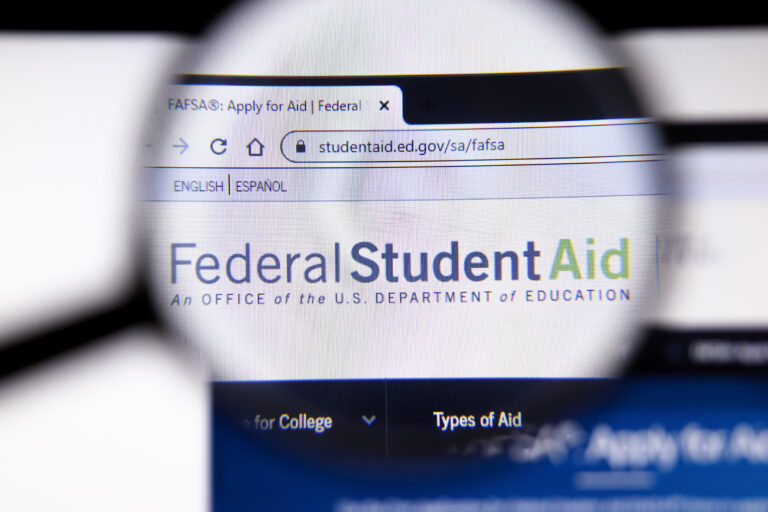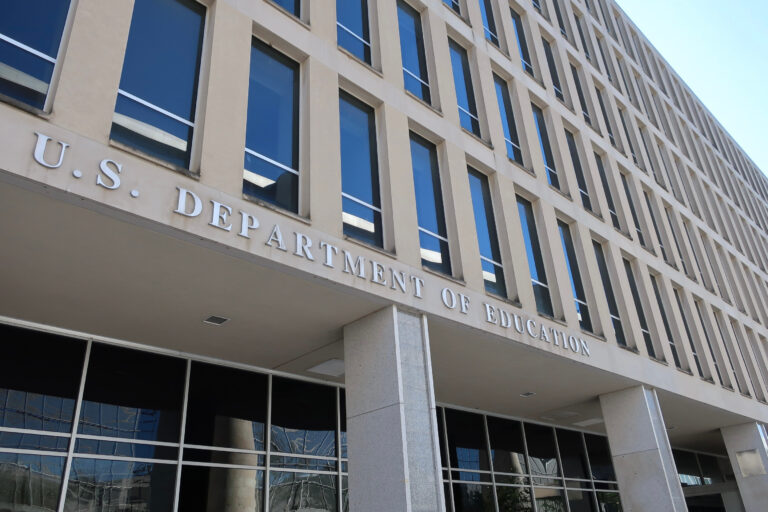The U.S. Government Accountability Office (GAO) finally completed its investigation into the Department of Education’s (ED) flawed development and catastrophic rollout of the 2023-24 “Better FAFSA” form. This long-awaited report was released as two documents and culminated with a House subcommittee hearing on September 24.
Key Findings
- ED knew the form could be delayed as early as August 2022. That month, the Department started shifting the Better FAFSA rollout timeline from October to December 2023, but didn’t announce the possibility of a delay until March 2023—seven months later.
- Staffing was a huge problem. Over three-quarters of the 5.4 million calls made to ED’s call center went unanswered during the first five months of the Better FAFSA rollout due to short staffing and poor projections of demand. In the first month of the rollout, ED had just 902 call center workers, a little more than half the number of workers available at the same time during the previous FAFSA cycle (1,649). ED also grossly underestimated the number of students with financial circumstances that require manual verification: the Department allocated staff for 3,500 individuals to be manually verified, less than 2% of the 219,000 people who actually ended up going through the manual verification process.
- ED failed to notify students of financial aid adjustments. Over 500,000 students were not made aware when their aid estimate changed either due to corrections or a calculation error, leaving them to make decisions between colleges—or, college at all—without accurate financial aid information.
Low income students were, unsurprisingly, the most impacted by these failures. Application volume decreased most dramatically for independent students making less than $30,000 and dependent students with household income between $30-48,000. Overall applicant volume is still down about 9% for the 2023-24 cycle compared to the previous year, according to the National College Attainment Network (NCAN).
Go deeper: Read more from Inside Higher Ed, NPR, and Politico (subscription model).
Looking forward: A letter from ED outlines its aspirations for the 2024-25 FAFSA, including predictable timelines and launch dates, complete form functionality; and improved resource availability for students, families, counselors, and financial aid administrators. ED will also begin beta testing the new FAFSA with select organizations on October 1, the form’s historic launch date.
GAO, whose representatives expressed concern about ED’s preparation for the upcoming cycle during the House hearing, will continue to investigate the Better FAFSA fallout and expects to conclude its work early next year.




